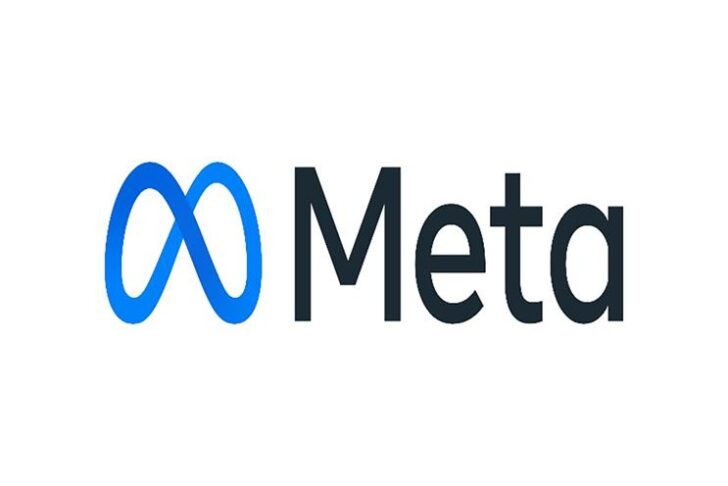CEO Mark Zuckerberg announced yesterday at Facebook’s Connect event that the company will change its name to Meta. Why? Because referring to Facebook as a firm is like to referring to Rihanna as an artist.
“Right now, our brand is so closely associated with one product that it can’t possibly represent everything we’re doing right now, let alone in the future,” Zuck explained.
The term “metaverse” is an abbreviation for “metaverse.”
According to Zuckerberg, this is “the next chapter of the internet.” Even for specialists, describing the metaverse is difficult, but in general, it’s a place where people live their life in digital form – work, play, party, go shopping and do everything else they regularly do in real life as well.
If the next big thing for the internet is going to be the metaverse, Mark Zuckerberg wants to be the one to write it, leaving the rest of us in the footnotes.
Meta is separating its “Reality Labs” unit, which houses Oculus and other virtual reality goods (slowly getting used to it). The Family of Apps is the other division (WhatsApp, Instagram, etc.).
The corporation is investing so much in the metaverse, such as hiring 10,000 people in Europe to work on it, that its operating profits are expected to drop by $10 billion this year.
How to tell if it’s real: On December 1, Meta will drop its ticker FB and replace it with MVRS.
Critics claim that this is a deliberate distraction.
When faced with public pressure, companies have rebranded throughout history. To shed its reputation as a public health threat, Philip Morris, a large cigarette manufacturer changed its name to Altria in 2003.
Facebook, on the other hand, might be renamed Orange Juice Squared and still face the same dangers, including a recent barrage of scathing headlines, Apple’s privacy rules wreaking havoc on its ad business, and, probably most importantly, dwindling popularity among young people.

